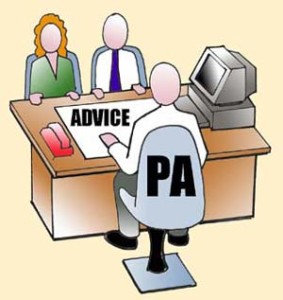 A recent story from the United Kingdom talked about the rise of family feuds related to inheritance. The number of cases – 116 – reaching the High Court in 2015 broke all past records.
A recent story from the United Kingdom talked about the rise of family feuds related to inheritance. The number of cases – 116 – reaching the High Court in 2015 broke all past records.
According to a British law firm, the rise in cases is due to the “intricacies of modern family life and rising property prices.” This increased complexity means that there is a larger pool of potential claimants for every estate. There is a big risk that someone will feel left out and bring a claim.
In addition, people living together outside of marriage may be left out in the cold if their significant other dies without a will. The estate will most likely go to their blood relatives, not to their partner. A claim might be the only way to possibly address this issue.
Furthermore, people may marry more than once and if there are children or stepchildren involved, there’s a good chance that someone will feel wronged. A spouse may intend for their own blood children to inherit their assets, but they die first and, eventually, everything goes to surviving spouse’s children. The blood children of the first to go spouse get nothing.
One famous British case involved an estranged daughter who successfully battled her mother’s decision to leave money to animal charities. In the end, she received about one third of her mother’s estate.
Can this type of inheritance feud happen in the United States? Absolutely. If you don’t want it to happen to you or your loved ones, make sure you have a will and have clearly, legally documented your wishes while you’re still alive to do so.
For more information about planning for the end of your life, check out our website www.diesmart.com.




